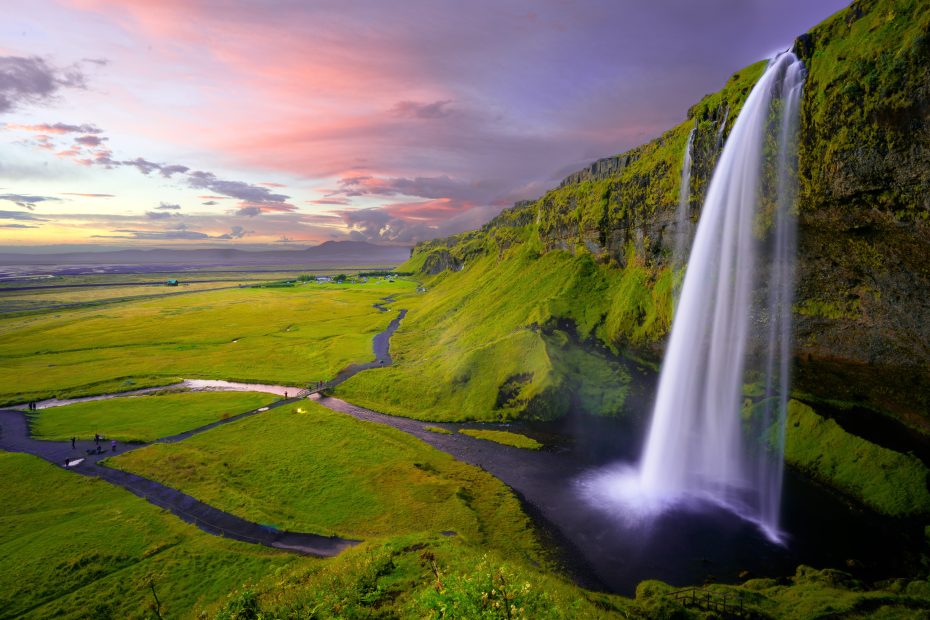Table of Contents
Introduction
Nestled in the heart of Africa, the small country of Burundi is home to a landscape of lush forests, sweeping savannas, and shimmering lakes. Beyond its raw natural beauty, Burundi boasts a vibrant culture steeped in music, dance, myths, and ancient traditions. For travelers seeking an off-the-beaten-path destination where nature and culture harmoniously collide, Burundi promises profound rewards.
Burundi’s Stunning Natural Landscapes
Burundi’s most stunning landscape feature is undoubtedly Lake Tanganyika, the second oldest and second deepest lake in the world. Trek along its pristine sandy beaches and observe local fishermen navigating its glistening blue waters in dugout canoes.
The country’s national parks also showcase Burundi’s incredible biodiversity. Kibira National Park is home to the last remaining primary rainforest in Burundi, with majestic trees and prolific wildlife. Rusizi National Park borders Lake Tanganyika and encompasses riverine forests filled with hippos, monkeys, and exotic birds. Ruvubu National Park protects expansive grasslands where massive herds of antelope roam.
Diverse Wildlife
From lazy hippo pods wallowing in muddy waters to families of curious chimpanzees swinging through the forest canopy, Burundi provides a front-row seat to Africa’s charismatic megafauna. Majestic elephants trumpet cries that echo across the savanna. Graceful antelopes like suni, klipspringer, and bushbuck can be spotted bounding through the brush.
Birding enthusiasts will delight in sighting vividly-plumed birds of prey, bee-eaters, rollers, hornbills, and over 760 other bird species that call Burundi home.
Burundi’s Vibrant Culture
Beyond its natural wonders, Burundi has an incredibly rich and dynamic culture. Music and dance are integral to Burundian daily life, such as the legendary drumming ensemble called The Royal Drummers of Burundi. Arts and crafts abound, including wood carvings, ceremonial masks, handwoven baskets, and beadwork.
Burundian cuisine incorporates local crops like plantains, cassava, sweet potatoes, and beans, often served with meat or fish stews and fresh produce. Traditional ceremonies punctuate life’s milestones, from birth to marriage to death. Mythology and folklore dating back centuries continue to permeate everyday life and storytelling.
The People of Burundi
Burundi’s estimated 12 million residents belong primarily to two ethnic groups: the Hutu and the Tutsi. Daily life revolves around family, farming, livestock, and community. Cultural values emphasize oral tradition, rhythm, dance, and storytelling. Life generally moves at a relaxed pace, fostering strong social bonds.
Challenges Facing Burundi
Despite its cultural riches and natural resources, Burundi faces substantial challenges. Poverty is widespread, with over 65% of Burundians living below the poverty line. Political instability and unrest have plagued the country. Environmental threats like deforestation, soil erosion, and declining wildlife populations endanger ecosystems. Ongoing efforts seek to address these complex issues.
Efforts to Promote Tourism
The government and local communities are collaborating to expand sustainable tourism in hopes of boosting Burundi’s economy. Government initiatives aim to improve national parks, dining facilities, and other infrastructure to support tourism. Community-based tourism projects allow visitors to stay in local homes, dine on homecooked meals, and gain authentic cultural experiences. Conservation efforts in partnership with international organizations protect endangered habitats and species.
Why Visit Burundi?
For adventurous travelers seeking undiscovered places, Burundi offers an enthralling and mystical journey. As an off the beaten path destination, Burundi provides an intimate, non-touristy African experience. Visitors can revel in the stunning natural beauty of Burundi’s landscapes and wildlife. Interacting with local communities allows for profound cultural immersion and insight into ancient traditions.
Planning Your Burundi Trip
The best time to visit Burundi is during the dry seasons from June to August and December to February. Popular sites to explore include Lake Tanganyika, national parks, the capital Bujumbura, and rural villages. Accommodation options range from hotels in Bujumbura to eco-lodges in natural settings. While petty crime occurs, violence is rare and tourists can safely navigate Burundi by exercising common sense precautions. A local guide provides added context, safety, and support.
Conclusion
For travelers seeking a destination where nature’s beauty and human culture intertwine in vibrant harmony, Burundi promises extraordinary discoveries. While challenges exist, efforts to expand sustainable tourism aim to safeguard Burundi’s natural and cultural riches for future generations. An immersive journey through this tiny African country is sure to provide epic adventures and unforgettable insights.
FAQ 1: Do I need a visa to visit Burundi?
Yes, most foreign nationals require a visa to enter Burundi. Visas can be obtained in advance through Burundi embassies abroad or upon arrival at the international airport in Bujumbura. Be sure to arrange the necessary visa well in advance of travel.
FAQ 2: When is the best time to visit Burundi?
The best time to visit Burundi is during the dry seasons from June to August and December to February. These periods offer sunny, mild weather ideal for wildlife viewing and outdoor activities. The rainy seasons from March to May and September to November can hamper travel.
FAQ 3: What vaccinations do I need before visiting Burundi?
Recommended vaccinations for Burundi include hepatitis A, typhoid, yellow fever, meningitis, rabies, measles-mumps-rubella (MMR) and tetanus. Malaria prevention medication is also essential. Consult your doctor about additional immunizations at least 6 weeks prior to departure.
FAQ 4: Is Burundi safe for tourists?
While political turmoil has impacted Burundi’s stability, most areas frequented by tourists are considered safe. Visitors should stay current on political events, avoid demonstrations, and rely on experienced guides. As with any destination, common sense precautions enhance safety.
FAQ 5: What is the currency used in Burundi?
Burundi’s currency is the Burundian franc (BIF). US dollars and Euros can sometimes be used for payment at hotels and tourism businesses, but francs are required for most transactions. ATMs are available in Bujumbura but are scarce elsewhere, so carrying sufficient cash is recommended.
